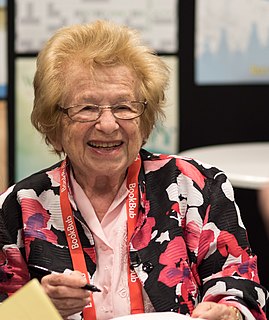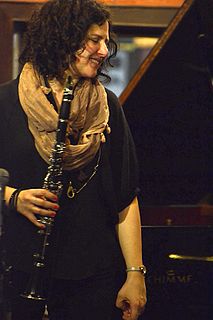A Quote by Meital Dohan
Israel has the mentality of a small Kibbutz. Kibbutz is kind of like a small village that - actually there aren't many Kibbutz left in Israel - but it was something that was based on socialism and based on a principle that everyone is working for the Kibbutz and the Kibbutz is one.
Related Quotes
My husband is not American. He was born in Brazil, where he grew up under a filthy, corrupt dictatorship. In his twenties, he moved to Europe, where he lived for a while under various socialist democracies. He spent a few years on a kibbutz in Israel, living out a utopian experiment in communal existence.
All in all, the communally reared children of Israel are far from the emotional disasters that psychoanalytic theory predicted. Neither have they been saved from all personality problems, as the founders of the kibbutz movement had hoped when they freed children from their parents. In any reasonable environment, children seem to grow up to be themselves. There is no evidence that communal rearing with stimulating, caring adults is either the ruination or the salvation of children.
We were at a kibbutz, and we were at a Shabbat service, and I opened up the prayer book, and on the first page, it said that the prayer book was in thanks to the sponsorship of this family in a temple in Kansas City. For me, it was a moment when I really kind of connected in a real serious way with my personal identity as a Jew.
































